21 Illegal Household Items You Might Be Unknowingly Keeping
Home may feel like your personal bubble, but laws don’t stop at the welcome mat. But scattered across your garage, bathroom drawer, or attic might be items that state, federal, or local laws have quietly outlawed. Some of these items are banned for health risks, others for environmental damage, or public safety concerns.
Here’s what could be hiding in plain sight.
Mercury Thermometers
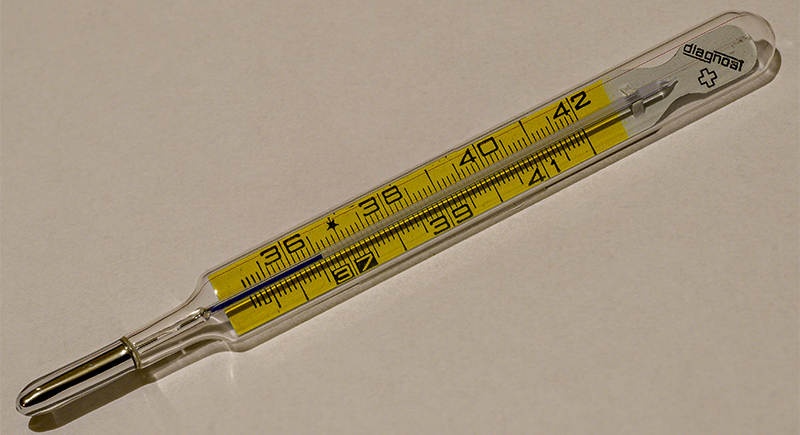
Credit: Wikimedia Commons
The silvery line inside those old thermometers is liquid mercury, a toxic substance that can vaporize at room temperature if broken. The EPA frowns on that, and so do many state laws. Replacing them with digital versions is much safer and would also mean fewer awkward calls to poison control or hazmat teams.
Lead-Based Paint

Credit: Wikimedia Commons
You won’t find it in store paint aisles anymore, but homes built before 1978 might still wear lead-based coats. If the paint flakes or gets disturbed during remodeling, dangerous dust particles can linger. Using or selling it today is banned, and renovations often require certified lead-safe procedures.
Certain Exotic Pets
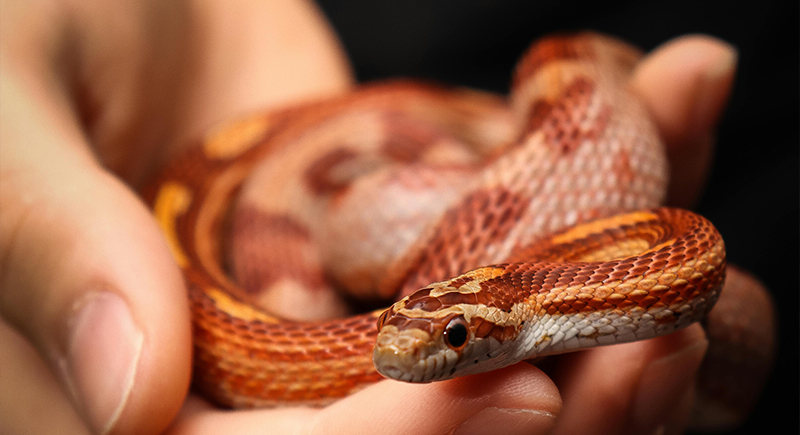
Credit: pexels
Thinking of adopting a sugar glider or exotic snake? Some states have firm rules against owning wild animals without a permit. The goal is to protect native wildlife and public health. If a neighbor reports you, or you try to sell or transport the pet, hefty penalties could follow.
Triclosan-Containing Soaps and Toothpaste
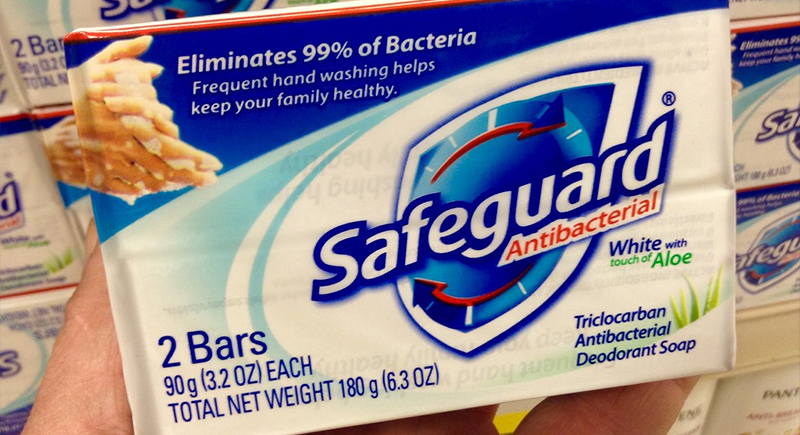
Credit: flickr
Triclosan, once common in antibacterial soaps, body washes, and even toothpaste, has been linked to hormone disruption and bacterial resistance. It was marketed as a germ-killing additive, but studies found no health benefit over regular soap and water. In 2016, the FDA banned triclosan in over-the-counter antibacterial hand and body washes.
Unvented Gas Space Heaters
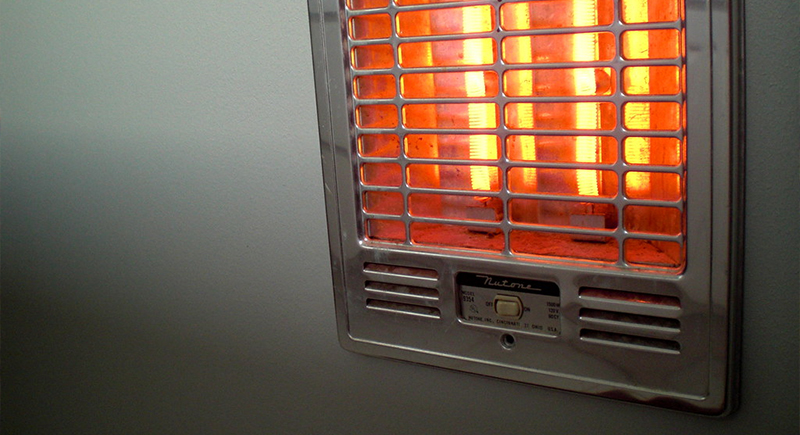
Credit: flickr
Portable gas heaters that release exhaust indoors are as smelly as they are dangerous. Carbon monoxide build-up makes them a health hazard, leading cities like Los Angeles to ban their sale or use. Even if technically legal where you live, local codes often require professional installation with venting.
Crib Bumpers
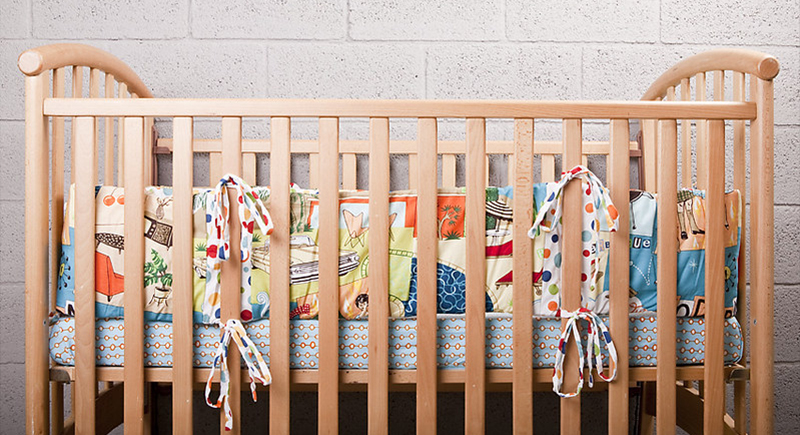
Credit: flickr
Once marketed for infant comfort, crib bumpers have been linked to over 200 deaths. As of 2022, the Safe Sleep for Babies Act declared them illegal to sell or distribute. They’re considered a suffocation risk, and even decorative use is strongly discouraged by pediatric health organizations.
R-22 AC Units
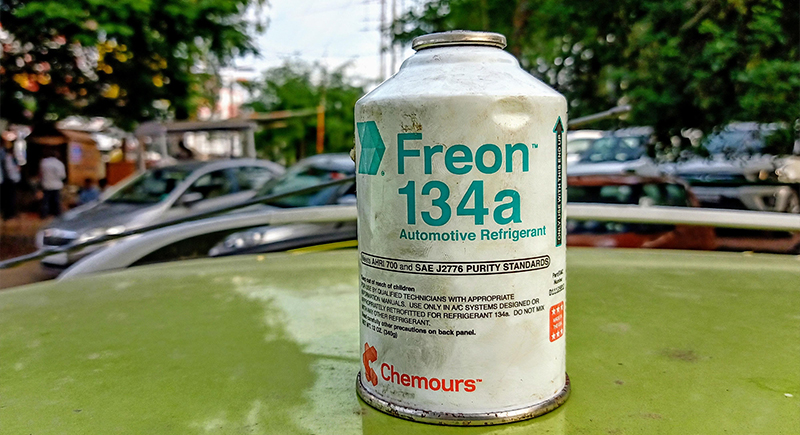
Credit: Wikimedia Commons
The cooling might work fine, but R-22 refrigerant, also called Freon, has been phased out for environmental reasons. Production and import were banned, leaving owners stuck with pricey recharges and limited service. Newer units use safer alternatives and don’t make HVAC techs groan when they see your system.
Incandescent Light Bulbs
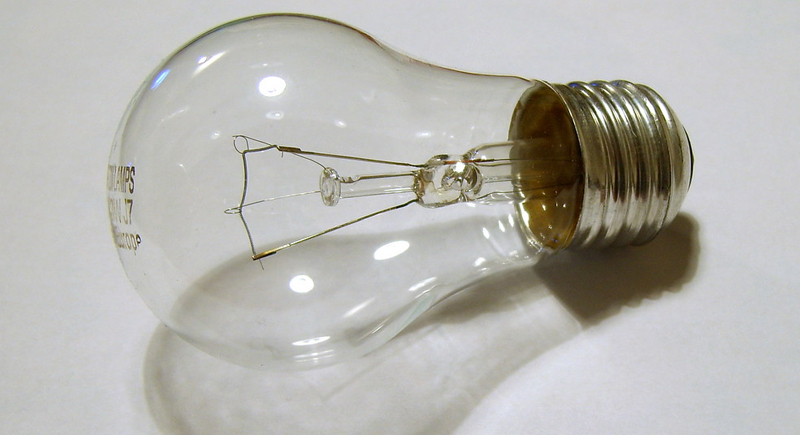
Credit: flickr
Traditional incandescent bulbs were outlawed in 2023 for their inefficiency and can no longer be sold in the U.S. The Department of Energy’s regulations favor LED and compact fluorescent lights for energy conservation. Using existing bulbs isn’t illegal, but replacing them helps lower utility bills and meets current standards.
Gas-Powered Leaf Blowers

Credit : Woody’s Photos
If your Saturday chores involve a roaring, gas-fueled leaf blower, some states might fine you for it. California cities and beyond have banned them for their high emissions and noise. Swapping for electric or battery-powered versions keeps both the neighbors and the air a little happier.
Weedkillers with DCPA
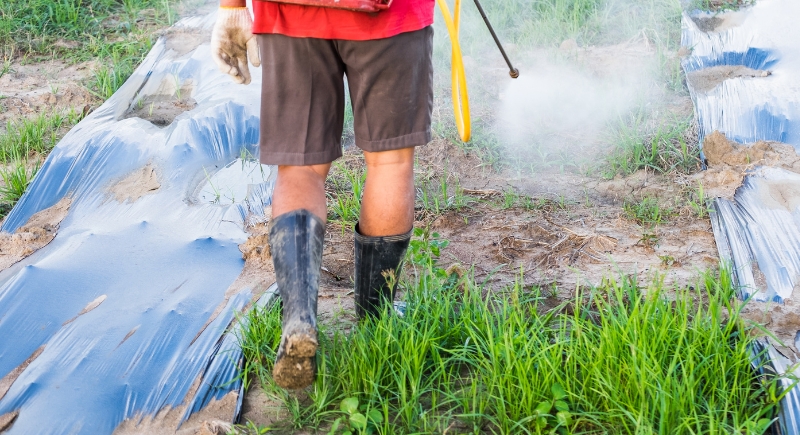
Credit: Mumemories
Some lawn-care products still contain DCPA, short for dacthal, a chemical linked to cancer and groundwater pollution. It’s banned or restricted in many areas. If the label includes DCPA, it might be safer to stop using it and dispose of it at a hazardous waste collection site instead of your regular trash.
Wood Roof Shingles in Fire Zones

Credit: flickr
They look rustic, sure, but wood shingles are banned on new homes in high-fire-risk zones like parts of Southern California. Even older homes often have to replace them when reroofing. Some insurance companies won’t even cover homes with these flammable shingles, citing the obvious risk during wildfire season.
Ivory Antiques

Credit: flickr
Laws regarding ivory vary by state, but most severely restrict or ban its sale, even for vintage items. Federal regulations under the Endangered Species Act limit possession unless you can prove lawful origin. Jewelry, figurines, or piano keys made from ivory may be subject to seizure or fines.
Vintage Lawn Darts
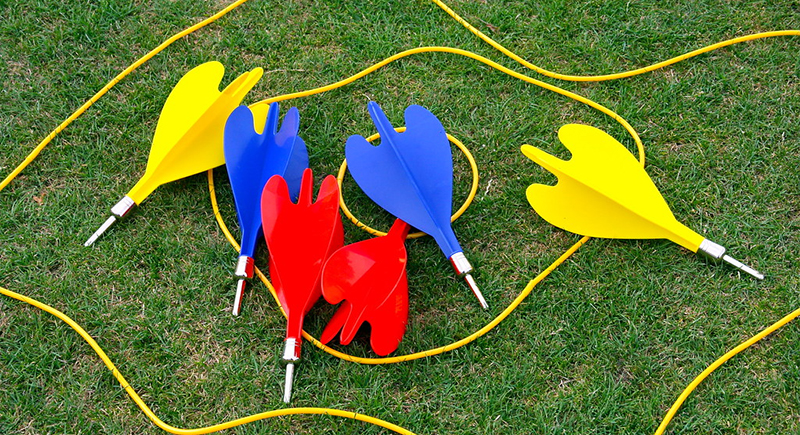
Credit: flickr
If you find a set of metal-tipped lawn darts buried in the garage, don’t toss them to the kids. They were banned in 1988 after causing several injuries and fatalities. Possessing them isn’t necessarily illegal, but selling or using them is. Best to retire them as curious relics.
Baby Turtles Under 4 Inches
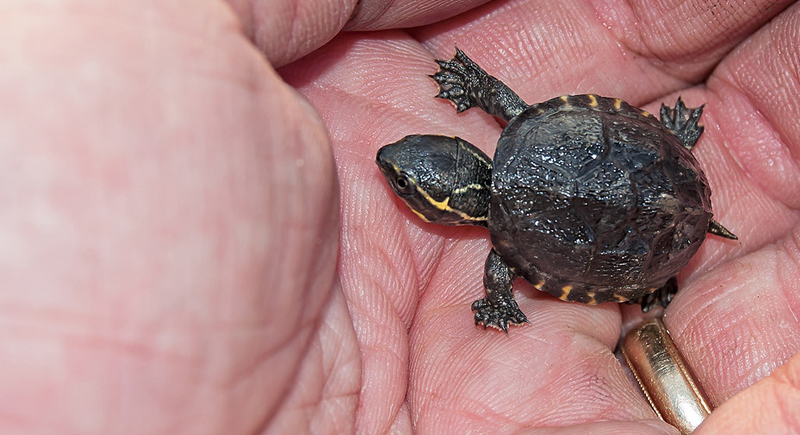
Credit: flickr
They’re cute, but tiny turtles are banned for sale under federal law. The FDA restricts turtles under four inches because of their salmonella risk, especially to children. Breeding, selling, or giving them away can result in fines. If you have one, it’s not illegal to keep, but it is definitely illegal to sell.
Illegal Pesticides Like DDT

Credit: Getty Images
DDT might ring bells from chemistry class, but it’s been banned for decades. The EPA pulled it after links to cancer and ecological damage. If there’s an ancient pest control canister in the shed, don’t open it. Proper disposal is a must.
Unregistered Firearms

Credit: Getty Images
Heirloom rifles passed down from relatives can still land you in legal trouble. Many states require firearms to be officially registered, even if inherited. Background checks and documentation apply. Unregistered weapons discovered during home inspections or police calls might be confiscated, or worse, result in criminal charges.
Pirated Media Discs
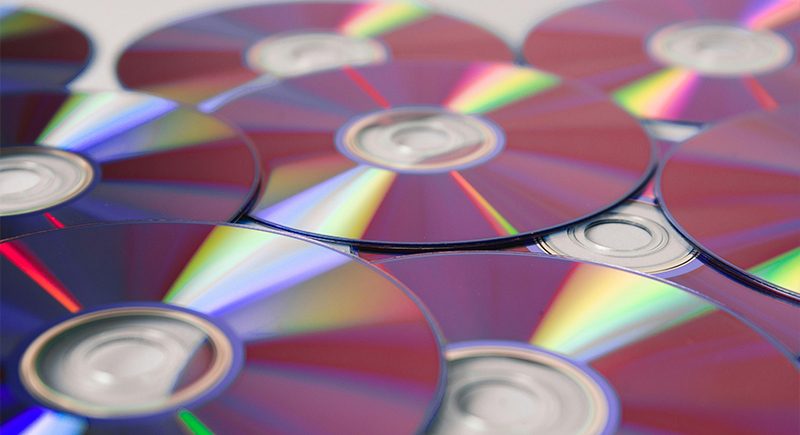
Credit: pexels
Those bootleg DVDs from college or burned music CDs could cost more than nostalgia. Possession of pirated media is a copyright violation. Owning a few might slide under the radar, but trying to sell them or carrying large volumes could lead to legal action, even if you never made a cent.
Slot Machines (Non-Antique)
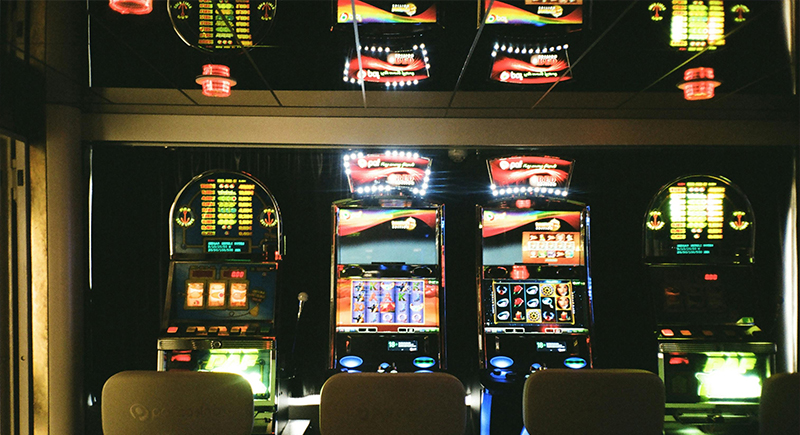
Credit: pexels
If your garage decor includes a newer slot machine, the laws may see it as a gambling device. Only machines over 25 years old typically qualify as antiques. Many states ban ownership of newer versions unless you’re a licensed operator. Ignoring this can mean fines or a surprise confiscation.
Large Quantities of Fertilizer
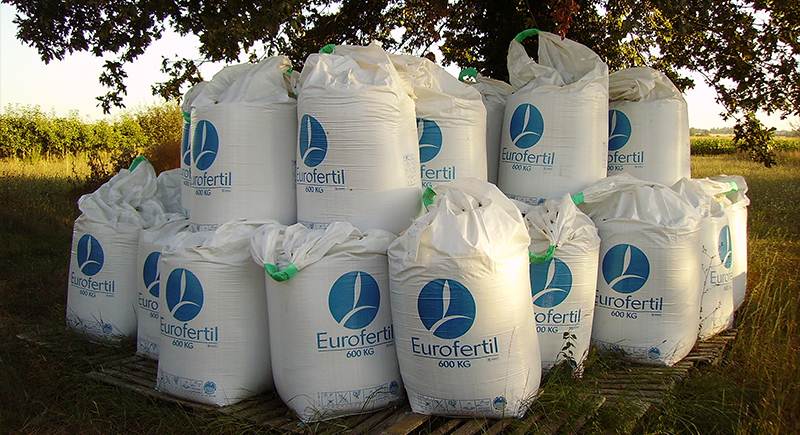
Credit: Wikimedia Commons
Fertilizer might seem harmless, but certain kinds, especially those with ammonium nitrate, raise red flags. Homeland security rules flag stockpiles that could be used to make explosives. Homeowners don’t usually need to worry, but if you’ve got bags stacked for non-agricultural reasons, it could invite scrutiny from regulators.
Homemade Distilled Alcohol

Credit: Getty Images
Distilling alcohol at home without a federal permit is illegal under U.S. law. The process is tightly regulated for safety and tax reasons. Even if done for personal use, producing moonshine or spirits can result in hefty fines or criminal charges.
Lock Picking Tools
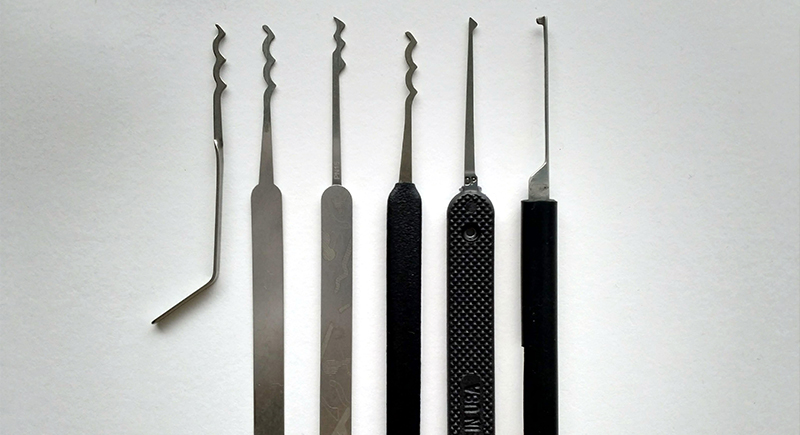
Credit: Wikimedia Commons
Owning a set of lock picks without a locksmith license is prohibited in many areas. Some jurisdictions classify these tools as burglary instruments. If police find them during unrelated searches, it could lead to suspicion or charges, especially if you can’t explain why you have them.